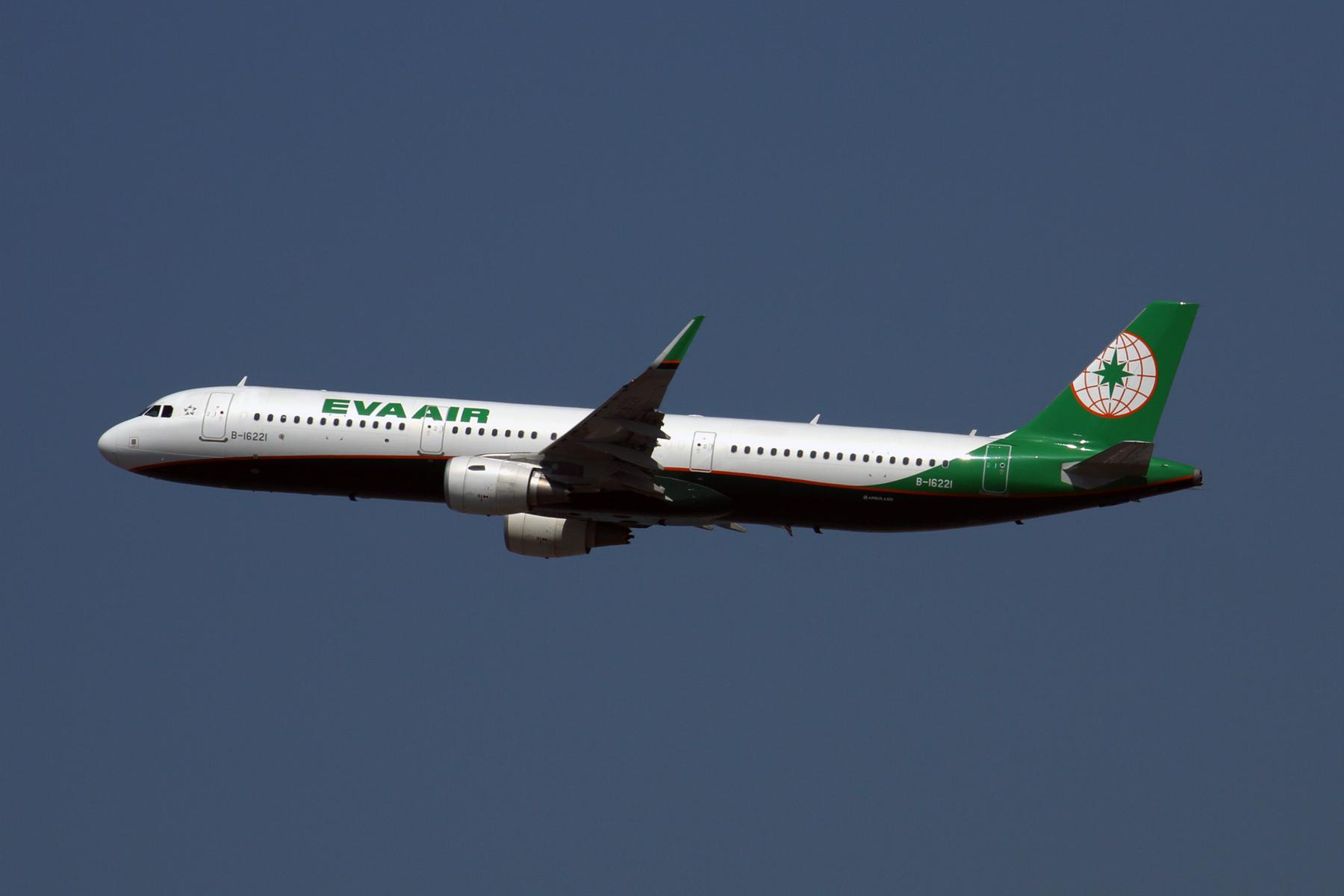
EVA Air will launch nonstop service between Taipei and the northwestern Philippines at the start of the northern summer 2023 season, increasing its network to the Southeast Asian country to 35 flights per week.
Operations between Taipei Taiwan Taoyuan (TPE) and Clark International (CRK) will start on March 30, flying daily using Airbus A321-200 aircraft. The Star Alliance member will offer 2,576 two-way seats on the 1,099-km (594-nm) sector.
Clark, which serves the cities of Angeles and Mabalacat, will become the airline’s third destination in the Philippines alongside Manila (MNL) and Cebu (CEB).
OAG Schedules Analyser data shows that Manila receives 2X-daily service from Taipei at the present time, while Cebu flights are daily. Frequencies to Manila will rise to 3X-daily from the end of March.
Taipei and Clark were last connected nonstop in March 2020 by AirAsia Philippines, but flights were suspended at the onset of the pandemic and the route has remained unserved ever since.
However, AirAsia Philippines has scheduled a return with an A320 service starting on March 26, four days before EVA Air’s inaugural flight. The LCC plans to provide four flights per week on the route—the same frequency it offered before the COVID-19 crisis.
Clark is located northwest of Angeles in the Pampanga Province on the site of the former US Clark Air Force Base. After the base was decommissioned, the Philippine government repurposed it as a special economic zone.
The airport is situated approximately 80 km (50 mi.) away from MNL, giving Filipino passengers an alternative way to fly to Taiwan and connect onward to other destinations in Asia, Australia, Europe and North America on EVA Air’s network.
The route will also stimulate leisure travel from Taiwan given Clark’s closer proximity to popular northern Luzon Island beaches and resorts. The Subic–Clark–Tarlac Expressway also allows convenient travel into Manila.
Plans for EVA Air’s new route come as the airline continues to rebuild its network following the recent easing of travel restrictions in Taiwan. The carrier is offering about 216,000 seats during the week commencing Jan. 9—about 65% of the total offered at this time three years ago.
OAG data shows the airline intends to gradually increase capacity to more than 280,000 seats by the start of the northern summer season. Additionally, the number of destinations served will grow from 42 to 47.
